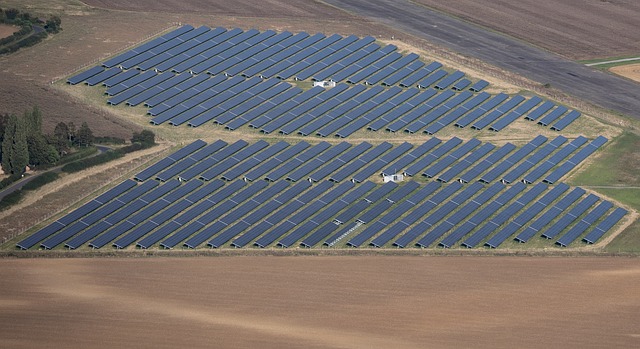Navigating Future Support for American Military Personnel
Understanding the evolving landscape of support for American military personnel is crucial for veterans and their families. As the nation continually assesses and adjusts its commitment to those who have served, staying informed about upcoming changes to benefits and assistance programs ensures that veterans can effectively plan for their future and access the resources they are entitled to. This article explores the current framework of veteran support and anticipates the nature of potential adjustments in the coming years.

The commitment to American military personnel extends far beyond their active service, encompassing a comprehensive system of benefits designed to support their well-being, education, housing, and healthcare. These programs, primarily administered by the U.S. Department of Veterans Affairs (VA), represent a vital social contract, acknowledging the sacrifices made by service members. The system is dynamic, subject to legislative review, budgetary considerations, and evolving needs of the veteran population. Awareness of these foundational elements is the first step in understanding how future modifications might impact individual circumstances.
Understanding Current Veteran Benefits and Support Systems
Veterans in the United States currently have access to a wide array of benefits. These include healthcare services through VA medical centers, educational assistance like the GI Bill, home loan guarantees, vocational rehabilitation, life insurance, and disability compensation for service-connected conditions. Beyond these core offerings, various programs provide support for mental health, homelessness prevention, and burial benefits. Eligibility for these programs often depends on factors such as service duration, discharge status, and specific needs. The VA continually works to streamline access and improve the quality of these services, reflecting an ongoing effort to meet the diverse requirements of the veteran community.
Anticipating VA Benefits Changes in 2026
Changes to VA benefits are a periodic occurrence, often stemming from new legislation, administrative adjustments, or responses to emerging veteran needs. While specific details for VA benefits changes in 2026 are not yet fully solidified, discussions and legislative processes typically focus on areas such as expanding eligibility criteria, adjusting compensation rates for inflation, refining healthcare services, or introducing new programs to address specific challenges like long-term care or mental health support for particular demographics. These potential changes aim to enhance the effectiveness and reach of veteran assistance, ensuring that the support system remains relevant and robust for future generations of veterans.
Exploring Latest Veteran Assistance Changes for 2026
Beyond direct VA benefits, the broader ecosystem of veteran assistance changes 2026 may also see modifications. This includes programs from other federal agencies, state-level initiatives, and non-profit organizations that complement VA services. Areas that frequently undergo review include housing assistance, employment support, small business loans, and community-based mental health services. Legislative bodies and veteran advocacy groups consistently evaluate existing programs to identify gaps and propose improvements. Future adjustments could focus on integrating services more seamlessly, improving outreach to underserved veteran populations, or adapting programs to address issues stemming from modern military service, such as exposure to specific environmental hazards or the long-term effects of particular combat experiences.
Preparing for Future Adjustments in Veteran Support
Staying informed about latest VA benefits changes in 2026 and beyond is paramount for veterans and their families. This involves regularly checking official VA announcements, subscribing to newsletters from veteran advocacy organizations, and consulting with accredited veteran service officers (VSOs). These professionals are trained to understand the intricacies of veteran law and can provide personalized guidance on eligibility and application processes for various benefits. Proactive engagement with available resources ensures that veterans can adapt to any new requirements or opportunities that arise from legislative or administrative updates, maximizing their ability to utilize the support systems designed for them.
Regular reviews of veteran benefits and assistance programs are essential to ensure they remain effective and responsive to the needs of those who have served. While specific VA benefits changes in 2026 are subject to ongoing legislative and administrative processes, the overarching goal remains to provide comprehensive and accessible support. Veterans and their families are encouraged to stay connected with official sources and veteran service organizations to navigate any upcoming adjustments and ensure they continue to receive the full scope of benefits they have earned through their service.




